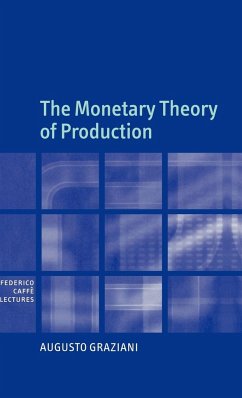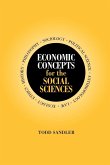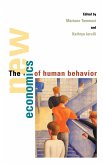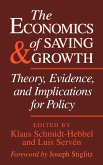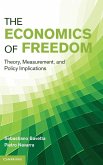Short description/annotation
Analysis of the theory of monetary circuit from a non mainstream, Keynesian tradition.
Main description
In mainstream economic theory money functions as an instrument for the circulation of commodities or for keeping a stock of liquid wealth. In neither case is it considered fundamental to the production of goods or the distribution of income. Augusto Graziani challenges traditional theories of monetary production, arguing that a modern economy based on credit cannot be understood without a focus on the administration of credit flow. He argues that market asset configuration depends not upon consumer preferences and available technologies but on how money and credit are managed. A strong exponent of the circulation theory of monetary production, Graziani presents an original and perhaps controversial argument which will stimulate debate on the topic.
Table of contents:
1. Introduction; 2. Neo-classical monetary theory; 3. A monetary economy; 4. The creation of bank money; 5. The distribution of income; 6. Credit market and financial markets; 7. Real and monetary interest; 8. Implications for monetary policy; 9. Concluding remarks.
Analysis of the theory of monetary circuit from a non mainstream, Keynesian tradition.
Main description
In mainstream economic theory money functions as an instrument for the circulation of commodities or for keeping a stock of liquid wealth. In neither case is it considered fundamental to the production of goods or the distribution of income. Augusto Graziani challenges traditional theories of monetary production, arguing that a modern economy based on credit cannot be understood without a focus on the administration of credit flow. He argues that market asset configuration depends not upon consumer preferences and available technologies but on how money and credit are managed. A strong exponent of the circulation theory of monetary production, Graziani presents an original and perhaps controversial argument which will stimulate debate on the topic.
Table of contents:
1. Introduction; 2. Neo-classical monetary theory; 3. A monetary economy; 4. The creation of bank money; 5. The distribution of income; 6. Credit market and financial markets; 7. Real and monetary interest; 8. Implications for monetary policy; 9. Concluding remarks.

